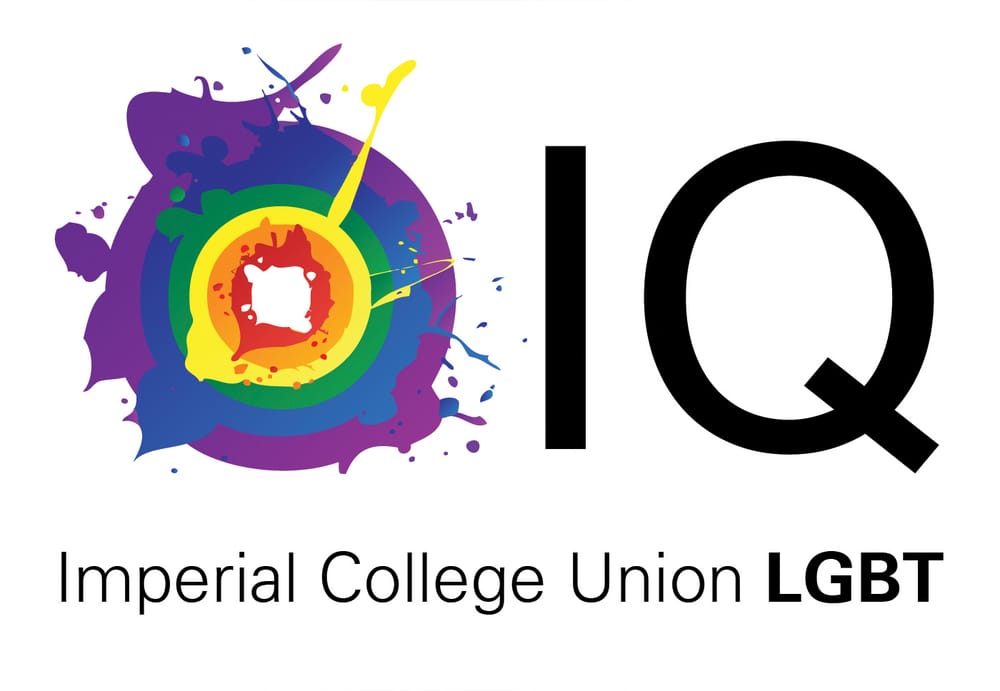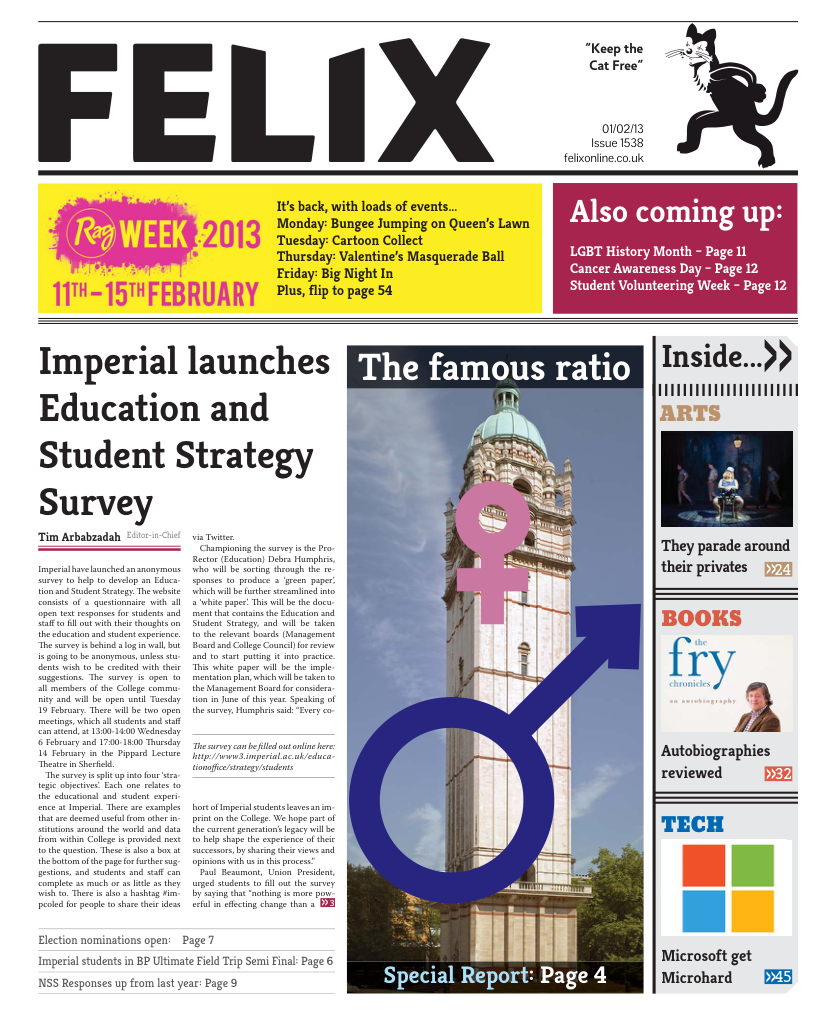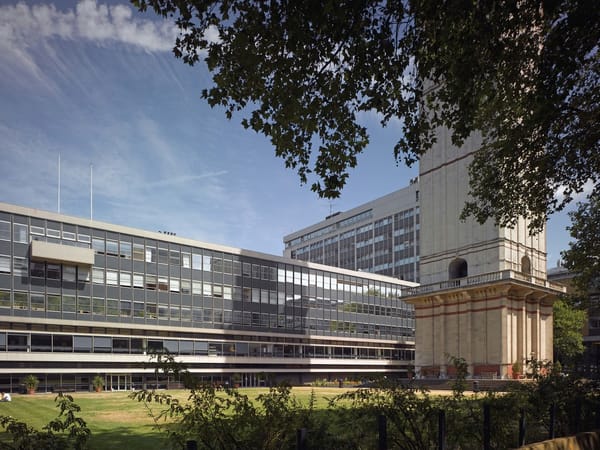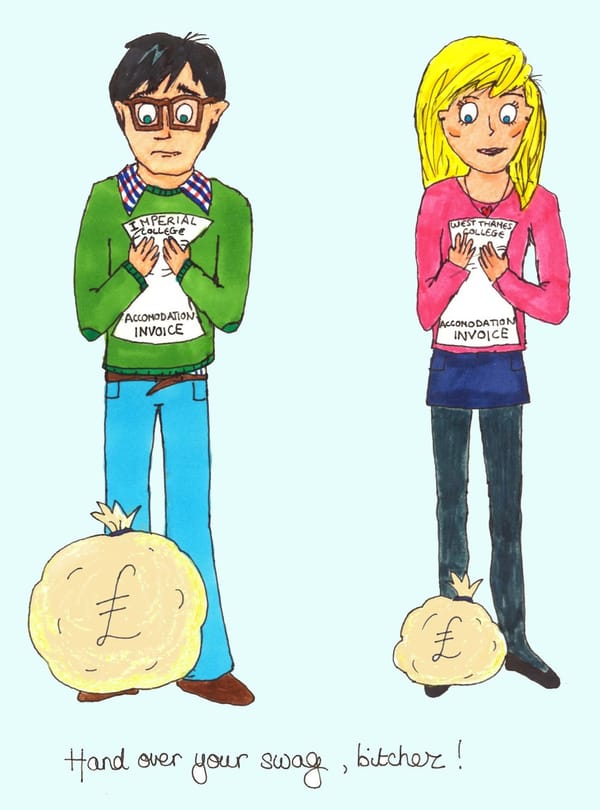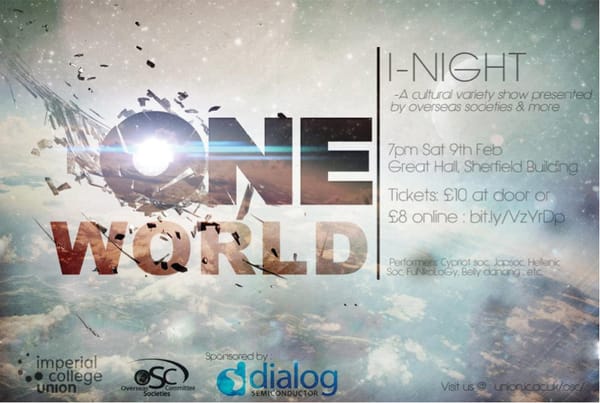LGBT history month
Russell Hills introduces you to Section 28 and LGBT issues
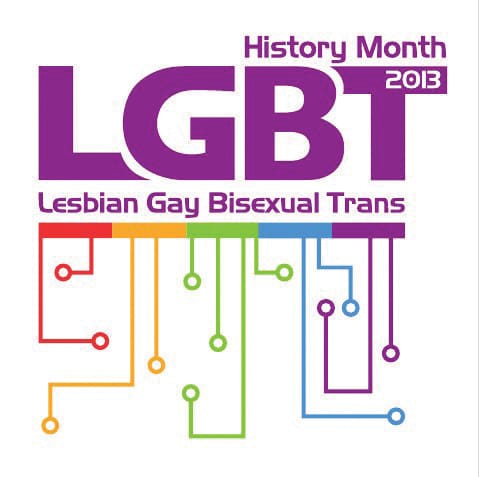
It’s February, and that means it’s once again time for LGBT History Month. For those of you that may not be aware, LGBT History Month aims to draw attention to both the past and the present state of LGBT (lesbian, gay, bisexual and transgender) rights, as well as the impact LGBT people have had throughout history. While in many cases the sexuality of historical figures is only speculative, it is important to acknowledge that alternative sexualities have always existed, and are not some “modern lifestyle choice”. For example, while many people will know of Sir Francis Bacon, King James I and Florence Nightingale, they may not be aware that these historical figures are believed to have had relationships with members of the same sex.
LGBT History Month was first organised in 2005 by Schools OUT (a group promoting equality for LGBT people in education) to celebrate the repeal of a government act known as Section 28.
What was Section 28?:
Section 28 was enacted in 1988 by the Conservative government. The Act covered “Prohibition on promoting homosexuality by teaching or by publishing material” and stated that:
“A local authority shall not –
(a) intentionally promote homosexuality or publish material with the intention of promoting homosexuality;
(b) promote the teaching in any maintained school of the acceptability of homosexuality as a pretended family relationship.”
There were many aspects of this act that were damaging to the homosexual community. The term “promoting homosexuality” lends credence to the (false) belief that sexuality is a choice that people can be encouraged to take. Also, the act was implemented to “protect” children, implying that homosexuality is inherently dangerous to young people. Many LGBT student and support groups were closed down due to fears that they would be breaching the Act.
Many people and groups spoke out against this legislation, and it prompted Sir Ian McKellen to publicly come out on BBC Radio 3 during a discussion of the Act. Regarding Section 28, he says: “The notorious Section 28 was a disaster for children in state schools because it encouraged their teachers to lie about homosexuality”. It was repealed (against much opposition) in 2000 in Scotland and 2003 in the rest of Great Britain.
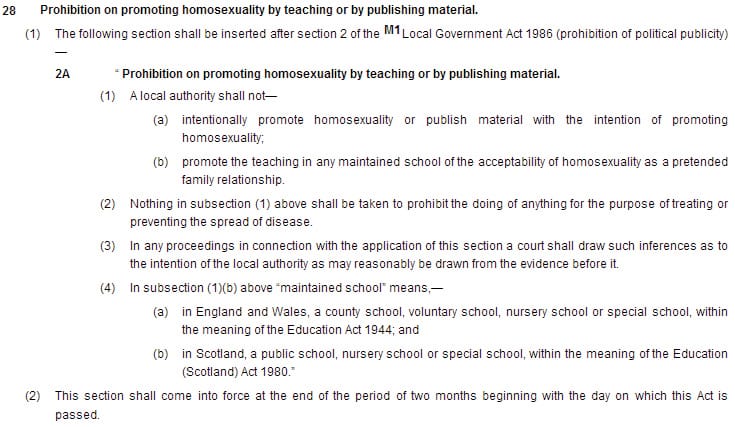
Why do we celebrate LGBT History Month?:
While LGBT people and couples in the UK enjoy most of the legal freedoms enjoyed by everyone else, many of these were only introduced within the last 10-15 years. These include equal age of consent (2001), transexualism declassified as an illness (2002) and various anti-discrimination laws (1999-2010). However, there are still some areas (such as blood donation) where laws aren’t equal. Laws regarding equal marriage are currently being introduced.
However, while the laws in the UK are (mostly) equal, it is a sad truth that there is still a large amount of LGBT-phobic abuse. A few facts gathered by the Youth Chances LGBTQ Survey paint a rather alarming picture:
• 3 out of 4 respondents have received verbal abuse because of their sexuality.
• Nearly half of respondents have experienced threats due to their sexuality.
• 1 in 4 respondents have been physically abused because of their sexuality.
• LGBTQ youths are up to 5 times more likely to self harm than other youths.
These numbers don’t cover everything, as it doesn’t take into account those who have lost their lives as a result of LGBT-phobic abuse. The Independent on Sunday is aware of at least nine people in the UK who were killed or committed suicide after LGBT-phobic bullying between 2009 and 2011. One of these was Ian Baynham, who was beaten to death in the middle of Trafalgar Square by a group of teenagers shouting homophobic abuse. Unfortunately, the number of hate crimes against LGBT people in the UK is rising.
When we look at the rest of the world, homosexual acts are illegal in over 70 countries, and seven of these have the death penalty for such acts (eight if pending legislation in Uganda is passed). Also, Russia has recently passeda law prohibiting homosexual, bisexual and transgender “propaganda”, much akin to our Section 28. However, the same law also covers paedophilia, essentially equating these categories. In many other countries, the stats for LGBT related hate crimes are just as bad, if not worse than those in the UK.
The above facts demonstrate that there are still many hurdles before LGBT people can be counted as truly equal. To quote Lester B. Pearson (14th Prime Minister of Canada and 1957 Nobel Peace Prize winner), “Misunderstanding arising from ignorance breeds fear, and fear remains the greatest enemy of peace”. One way we can remove this ignorance is to make LGBT people more visible, both presently and historically, and give others the opportunity to learn and understand. This is why we observe LGBT History Month.
IQ is Imperial College’s LGBT society.If you wish to come to our events, you can sign up to our mailing list by visiting www.union.ic.ac.uk/scc/iq.
If you identify as LGBTQ (lesbian, gay, bisexual, transgender, queer or questioning) and are aged 16-25, you are invited to take part in the Youth Chances survey. The project aims to assess the quality of life experienced by LGBTQ youths in the UK by gartering data from 15,000 people. If you wish to take part or get more information, please visit www.youthchances.org.
